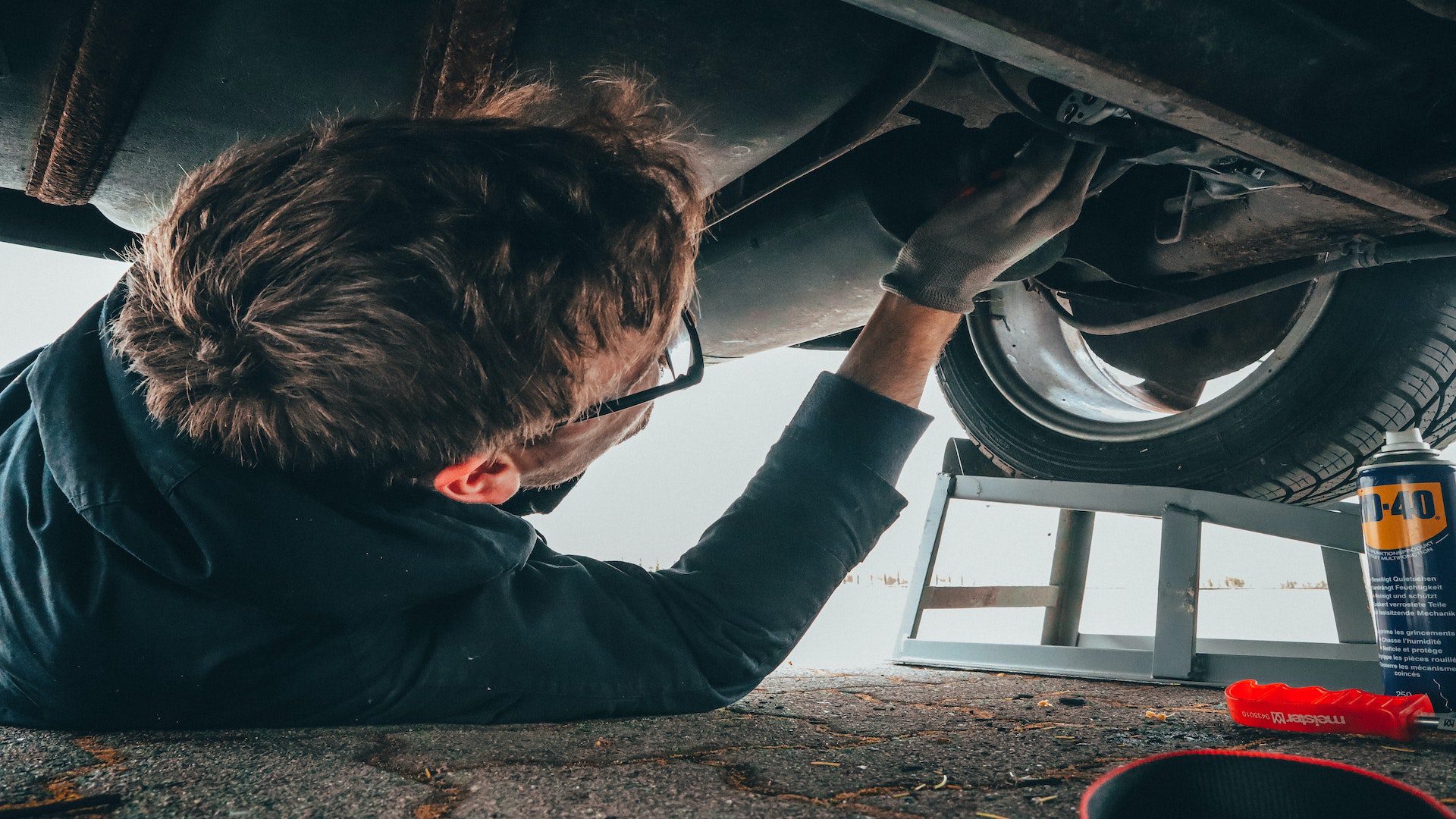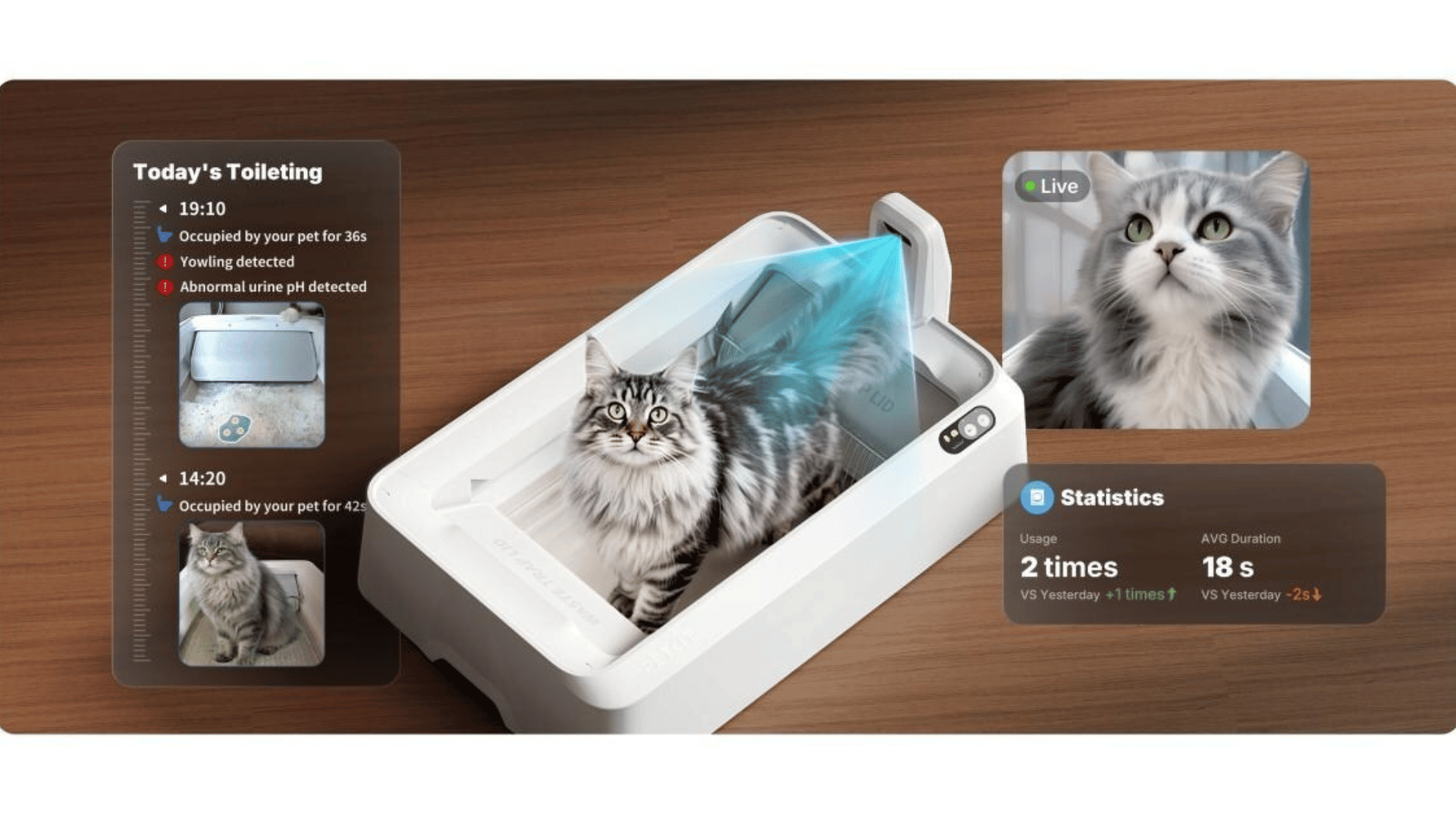Having basic knowledge about car maintenance and auto detailing is essential for students. Aside from being a practical life skill, it can save time and money in the long run, and knowing how to identify warning signs and perform basic repairs can prevent more costly future damages to a vehicle. It’s also important for students to understand how to properly check their engine oil, coolant levels, brakes, tires, and lights to remain safe on the road at all times.
Plus, having a basic understanding of the car’s manual will help determine if the problem should be handled by yourself or taken straight to the mechanic for repair. It can also make students more informed consumers when taking their vehicle into a garage or attending regular servicing appointments. One essential upgrade for enhancing your Mustang’s performance and handling is investing in Mustang coilover kits, which allow for adjustable ride height and improved suspension for a smoother and more controlled drive.
For students with everyday classes, it can be difficult to find time to learn about car maintenance. Fortunately, there are writing services that can help you delegate your homework and make some extra time to educate yourself on the basics of car care. This online writing help offers a variety of options, including professional writers who can handle any type of assignment and technical experts who are well-versed in automotive repair and maintenance.
With their expertise and guidance, you’ll have more free time to get familiar with your vehicle’s maintenance needs.

1. Check tire pressure regularly
It’s important to check your car’s tire pressure at least once a month as it affects the handling, safety, and fuel efficiency of your vehicle. You can buy an inexpensive tire pressure gauge from any auto parts store, or you can use one available at most gas stations. Be sure to adjust the tire pressure according to the manufacturer’s instructions for your particular vehicle.
2. Change oil and filter frequently
Oil is essential for protecting the engine from dirt and wear, so you should change it every 3,000 – 5,000 miles or follow your car manufacturer’s suggested interval for oil changes. To save money, you might consider changing it yourself with a new oil filter and oil recommended by the manufacturer.
3. Check hoses and belts
Inspect all of your car’s hoses and belts at least once a year for any signs of cracking, fraying, or wear. If they look worn, it’s best to replace them to prevent them from breaking down and causing more damage.
4. Get regular tune-ups
You must get your car tuned up regularly in order to keep it running smoothly and efficiently. During a tune-up, your mechanic will check things like spark plugs, air filters, fluid levels, brakes, suspension components, and other areas that need attention.
5. Clean out the engine compartment
Dirt and grime can build up on the engine’s components, so clean them regularly. Use a soft brush and cleaner specifically made for engines to keep your car in tip-top shape.
6. Maintain proper tire alignment
To help your car handle better and extend the life of its tires, make sure that they are properly aligned. Have an auto technician check the alignment every 6 months or whenever you notice uneven wear on one side of your tires.
7. Check fluid levels often
Check all your car’s fluid levels often, such as oil, coolant, and brake fluid. This can prevent major mechanical problems from occurring down the road due to low levels of these fluids in the vehicle. Always use manufacturer-recommended fluids for your car.
8. Change air filters regularly
Air filters are essential for keeping dust, dirt, and debris from getting into the engine of your car. You should change it at least once a year or as recommended by your car manufacturer.
9. Check brakes regularly
Regularly inspecting and testing your brakes can help prevent dangerous accidents due to faulty braking systems. Have an auto technician check them every 6 months or so and replace brake pads when they’re worn down.
10. Wipe down the interior
Don’t forget to keep the inside of your car clean by wiping down all surfaces with a damp cloth occasionally to remove dust, dirt, and fingerprints that may have collected over time. Doing this will also help you keep track of any changes or wear and tear that may be occurring on the interior of your car.
Final thoughts
These are just some of the basic car maintenance tips that every college student should know. While it may seem like a hassle, taking good care of your car will save you money and keep it running safely and efficiently for years to come. So don’t forget to check those tires, get regular tune-ups, and pay attention to any warning signs your vehicle may be giving you!







